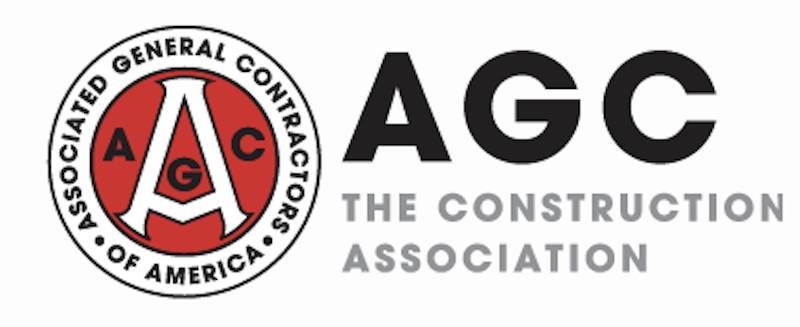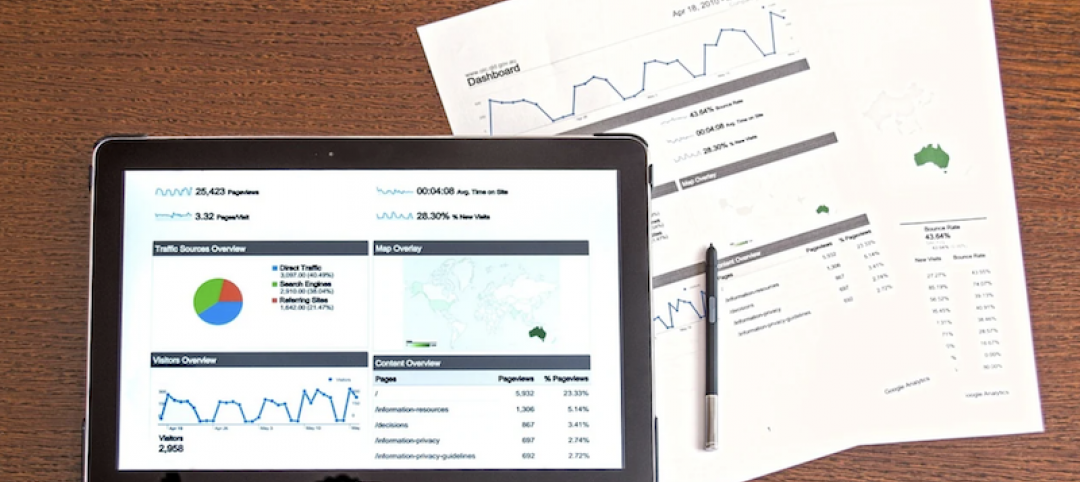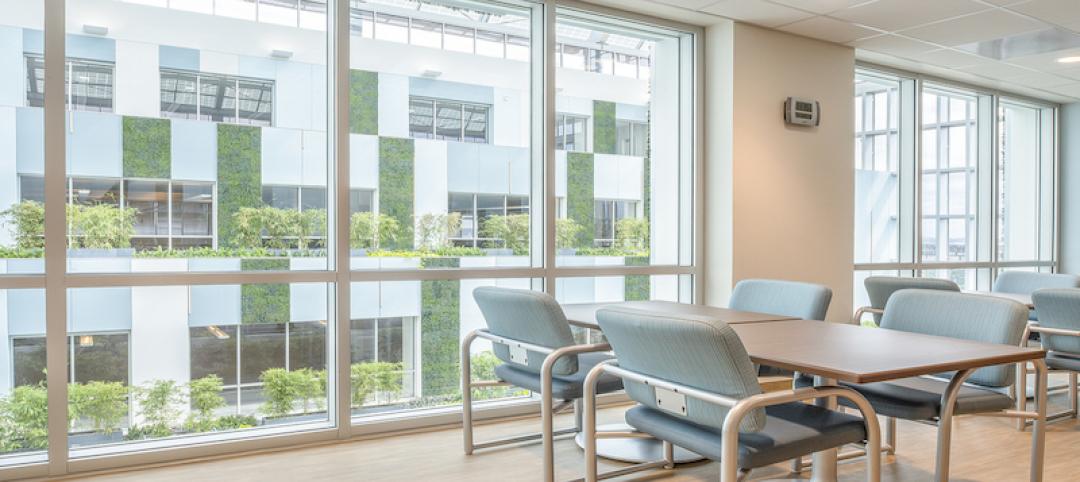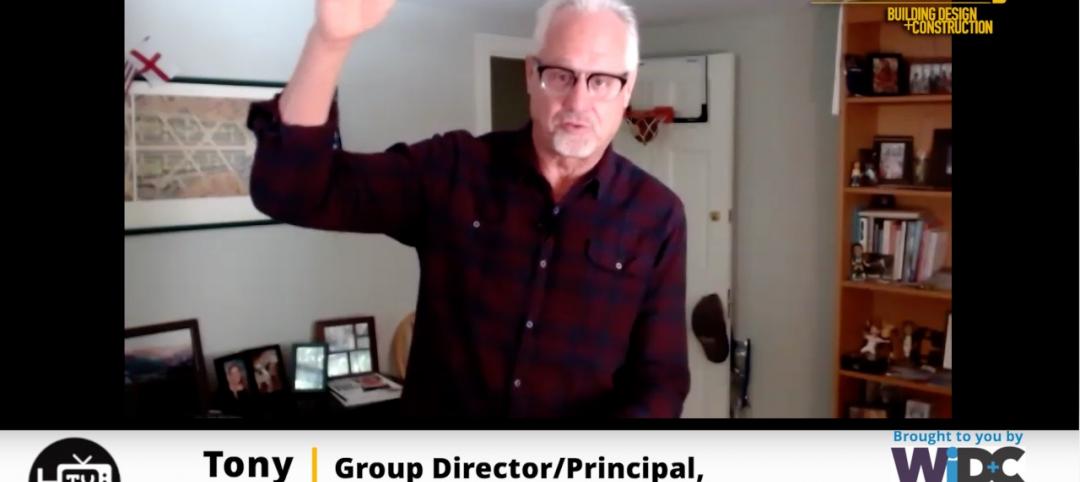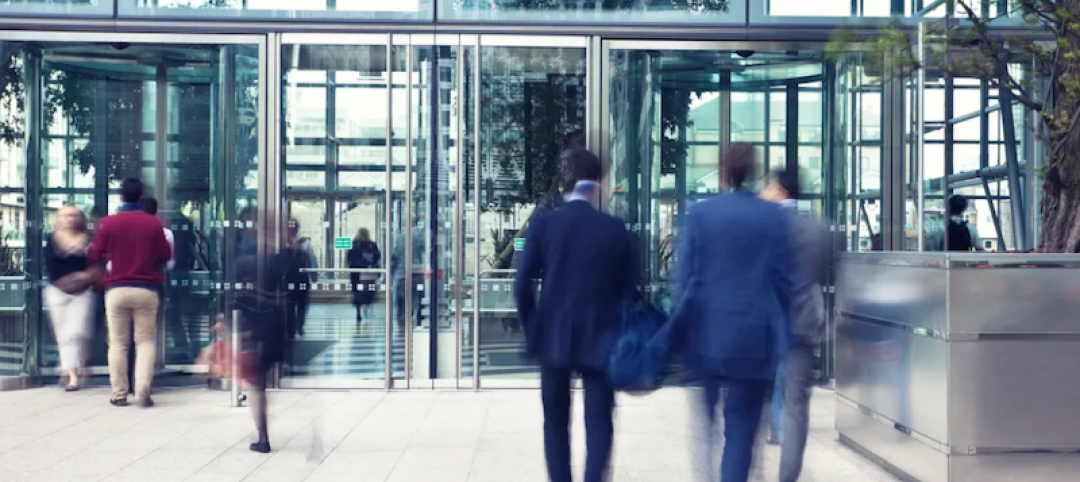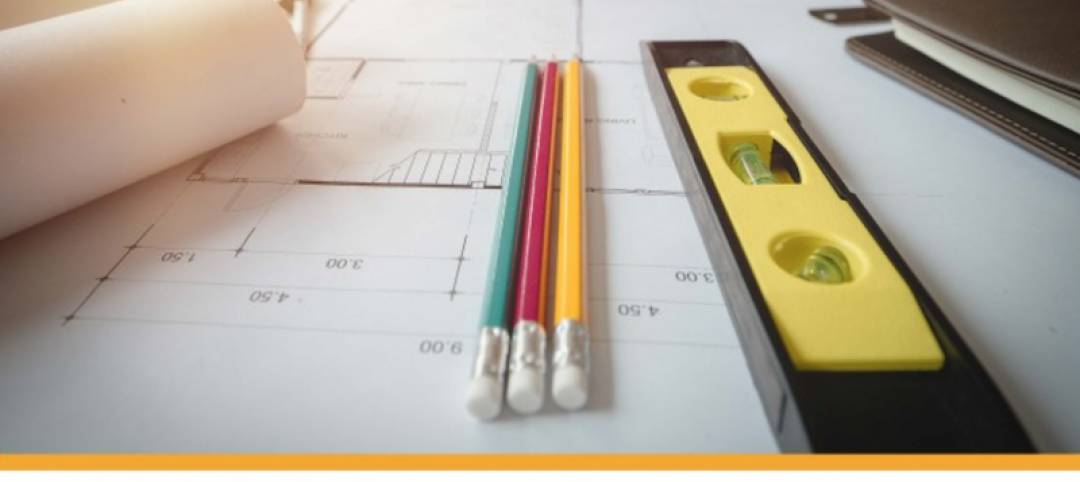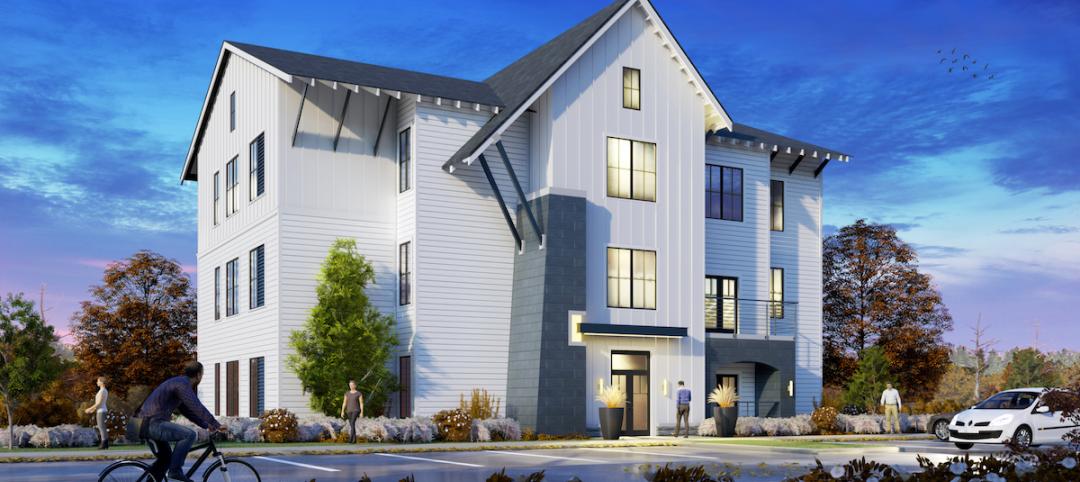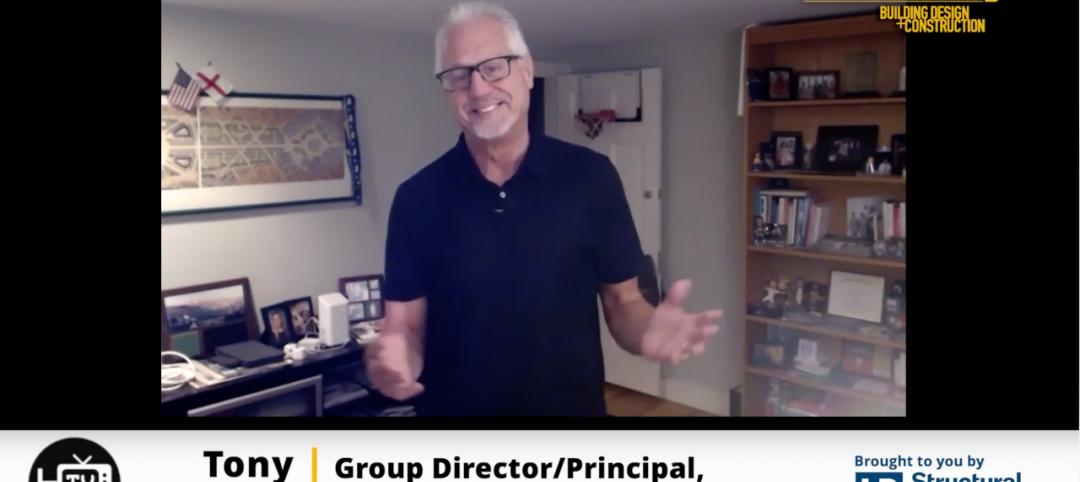The Associated General Contractors of America (AGC), with 26,000 members, has put together an eight-part webinar series whose episodes will take deeper dives into various topics related to business continuation during the COVID-19 outbreak.
The series, which runs from March 23 through April 1, each day will present a 60- to 90-minute segment on which experts will address, within the context of the virus’s spread:
• State and federal governments’ obligations to provide paid and/or unpaid leave to employees
• What labor laws are likely to require of contractors
• Contractual and related legal protections and risks for construction companies
• How to protect people and projects
• Components of comprehensive project continuity plans (e.g., if employees need to be quarantined)
• Insurance coverage
• How the outbreak is pressuring information technology
• What contractors need to watch for going forward.
Click here to get more details and to register for the webinars, which are free for AGC members and $599 for the bundle for nonmembers.
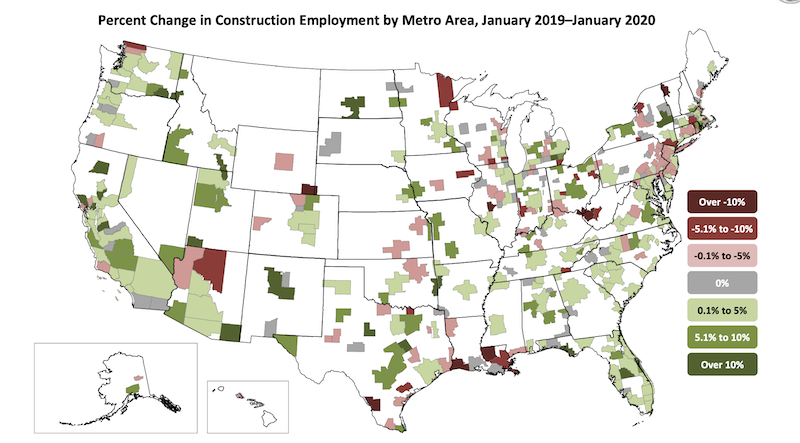
What a difference a few weeks makes. In January, AGC reported that 200 of 356 metro areas added construction jobs (see map above). A survey of contractors last week, however, found that 28% of 909 respondents had been forced to delay or halt work by an owner or government official.
“We are treating the virus with the same type of triage as medical professionals” attend to life-threatening injuries or illnesses, said Steve Sandherr, AGC’s chief executive, during a webinar last Friday where he and other association officials discussed some their group’s lobbying efforts around four objectives: to keep its members working, to keep governments “from hurting you,” says Sandherr, to educate Congress about the “essential” nature of construction, and to provide information that keeps contractors and their employees safe and mitigates losses.
Ken Simonsen, AGC’s chief economist, said that while the construction industry has been able to keep most projects active, he expects more supply-chain “glitches” and government shutdowns of jobsites. If those predictions come true, Simonsen cautions that the construction sector “is likely to have a slower recovery.”
The association also contends that the nation would be hampered in its ability to remobilize the construction industry in response to rebuilding emergencies were that industry’s activities curtailed or shut down now.
That webinar devoted a lot of time to the paid-leave mandate under the Families First Coronavirus Response Act, which was signed into law March 18, and applies to private-sector companies with 500 or fewer employees. Over a three-day period last week, AGC members flooded Congress with more than 22,000 messages about this bill (which AGC opposed) as well as about protecting construction jobs.
The main goal of AGC’s lobbying efforts is maintaining its members’ cash flow, said Jimmy Christianson, AGC’s vice president of government relations. He said AGC still has questions about the paid leave legislation (especially how the benefits will be paid for). So far, said Christianson, the association has negotiated some improvements to the bill, such as convincing Labor Secretary Eugene Scalia to exempt companies with under 50 employees from providing benefits for both paid sick leave and paid family and medical leave; and narrowing the instances of employees to be eligible to use paid family and medical leave.
Kevin Cannon, AGC’s senior director of safety and health services, told the webinar’s listeners that AGC had a hand in new OSHA guidance for recording workplace exposures to COVID 19 and preparing the workplace to thwart the virus. AGC has also created a COVID 19 Response page on its website.
Simonsen suggested that there could be opportunities arising from the pandemic, such as increased demand for labs, testing facilities, and hospitals. He speculated about hospitality buildings being repurposed for housing and medical uses. On the other hand, the pandemic will inevitably raise questions about the wisdom of investing in sports arenas, which are now dormant; and in office space if companies get more comfortable letting their employees work from home.
Michael Kennedy, AGC’s general counsel, said that the association was preparing a joint statement with the Building Trades union that would advocate for identifying construction as an essential business and service. That statement, he said, would emphasize that construction workers are already wearing protective clothing and gear, and can be instructed on exercising social distancing. “We need to make the case that we are taking care of our people,” Kennedy said.
Related Stories
Coronavirus | Nov 9, 2020
Even now, marketing is not a four-letter word
As AEC firm leaders consider worst-case scenarios and explore possible solutions to surmount them, they learn to become nimble, quick, and ready to pivot as circumstances demand.
Coronavirus | Nov 5, 2020
Thornton Tomasetti releases 'Healthy Reentry' free software to aid safe office return
Open source app provides customizable health reporting and contact tracing capabilities.
Multifamily Housing | Oct 30, 2020
The Weekly show: Multifamily security tips, the state of construction industry research, and AGC's market update
BD+C editors speak with experts from AGC, Charles Pankow Foundation, and Silva Consultants on the October 29 episode of "The Weekly." The episode is available for viewing on demand.
Coronavirus | Oct 19, 2020
Flexible design helped the University of Kansas Strawberry Hill Behavioral Health Hospital adapt to the coronavirus
The University of Kansas Strawberry Hill Behavioral Health Hospital had been open for just over six months when it was faced with the global coronavirus pandemic.
Coronavirus | Oct 14, 2020
Altering facilities for a post-COVID-19 world
There are several possibilities when it comes to reconfiguring or adjusting a space to maintain the health and safety of workers, from reorganizing spaces to enable social distancing measures to full teardown and reconstruction of a plant.
Coronavirus | Oct 8, 2020
The Weekly show: Statue of Liberty Museum, emotional learning in K-12, LA's climate change vulnerability
The October 8 episode of BD+C's "The Weekly" is available for viewing on demand.
Coronavirus | Oct 7, 2020
AIA releases 3D models, strategies for reducing risk of COVID-19 in polling places
Awards program highlights trends in healthcare facility designs.
Coronavirus | Oct 2, 2020
With revenues drying up, colleges reexamine their student housing projects
Shifts to online learning raise questions about the value of campus residence life.
Coronavirus | Oct 1, 2020
The Weekly show: Decarbonizing Chicago, re-evaluating delayed projects, and the future of the jobsite
The October 1 episode of BD+C's "The Weekly" is available for viewing on demand.


